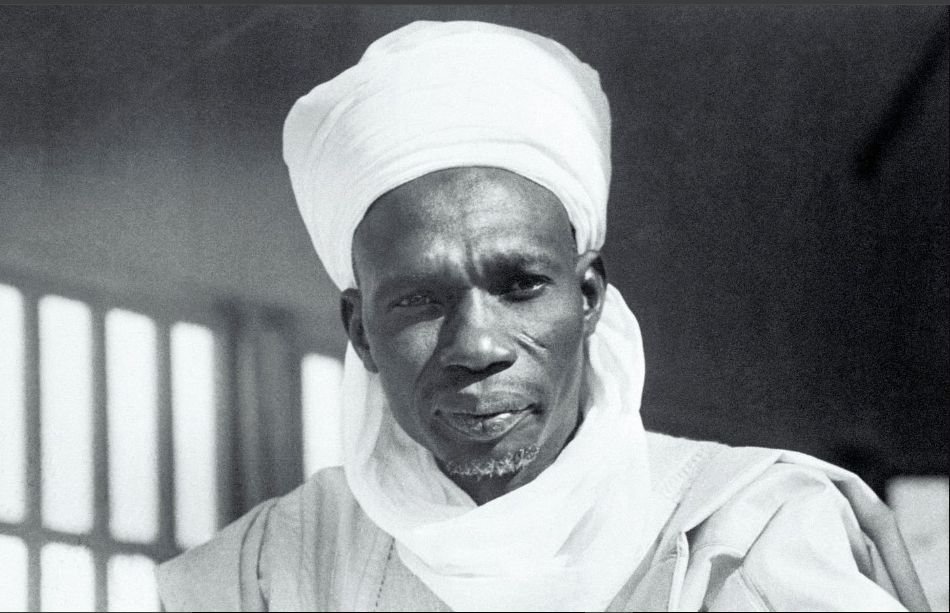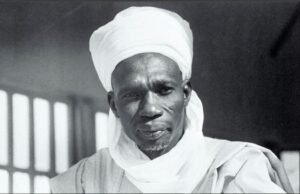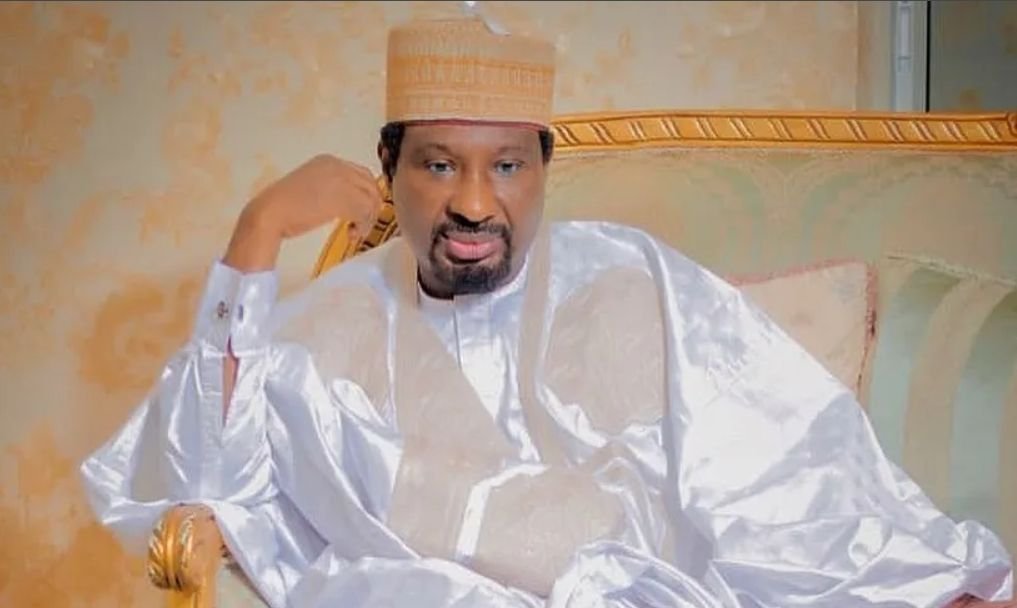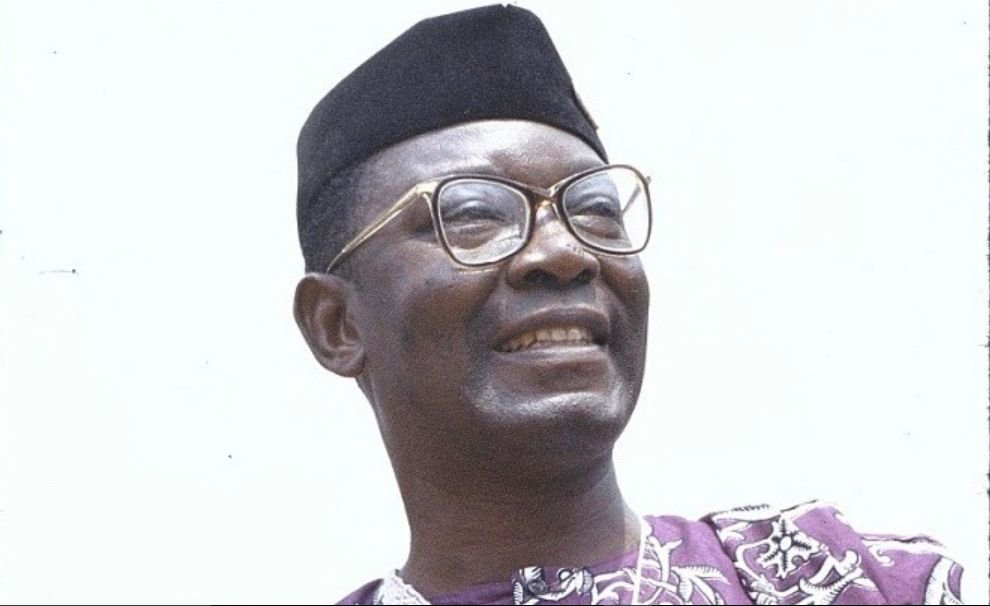
Who Was The First Prime Minister Of Nigeria?
The first Prime Minister of Nigeria was Sir Abubakar Tafawa Balewa, a respected political figure who played an important part in the country’s independence movement and early years as a nation.
Sir Abubakar Tafawa Balewa was born in northern Nigeria around 1912, having pursued a career in education, and becoming a teacher.
Balewa’s political career flourished in the 1940s and 1950s. He was a prominent member of the Northern People’s Congress (NPC), a political party that advocated for the interests of northern Nigeria.
His intelligence, political understanding, and diplomatic skills were recognized, and he rose through the ranks of the NPC to become its deputy leader. In 1957, Nigeria took a notable step towards independence from British rule.
A federal parliamentary system was established, and Abubakar Tafawa Balewa was chosen as the country’s first Prime Minister. This appointment contemplated his national stature and the importance of NPC’s role in the political space.
When Nigeria gained its independence in 1960, Balewa continued as Prime Minister, leading the newly formed nation through its formative years.
He is credited with working to unify the country’s diverse regions and ethnicities, while also guiding the challenges of establishing a strong and independent economy.
Sir Abubakar Tafawa Balewa’s tenure as Prime Minister was tragically cut short. In 1966, he was assassinated during a military coup.
READ ALSO: List Of Freedom Fighters In Nigeria

Nigeria’s Independence And Sir Abubakar Tafawa Balewa’s Role
Nigeria’s path to independence stretched back decades, seen by the rise of Nigerian nationalism and the gradual loosening of British colonial control.
During the 1940s and 1950s, calls for self-determination grew louder. Negotiations between Nigerian leaders and the British government aimed to establish a framework for a peaceful transition to independence.
Sir Abubakar Tafawa Balewa was a pivotal figure in these negotiations. As deputy leader of the Northern People’s Congress (NPC), a powerful political party representing northern Nigeria, Balewa was an Integral part in forging national unity and consensus.
The NPC’s support was necessary for a successful transition, and Balewa’s ability to bridge regional divides was instrumental.
Balewa was a skilled diplomat who understood the importance of presenting a unified front to the British. He participated in different constitutional conferences throughout the 1950s, advocating for a federal system of government that would address the concerns of Nigeria’s diverse regions.
This approach helped to ensure a smooth transition from a colony to a federation with a central government and strong regional authorities.
Nigeria’s vast size and diverse population presented a significant challenge during the independence movement. The southern regions, which had been exposed to British colonial rule for a longer period, had a more developed infrastructure and a larger educated class compared to the north.
Balewa recognized the importance of addressing these regional disparities. He advocated for policies that would promote balanced development across the country, aiming to bridge the gap between the north and the south.
Balewa’s political understanding and commitment to national unity topped in his appointment as Nigeria’s first Prime Minister in 1957, just before full independence.
This appointment signaled the national recognition of his leadership and his ability to represent the country’s various interests.
In 1959, he formally moved the motion for Nigeria’s independence in parliament, a historic moment that made him a champion of self-determination.
On October 1st, 1960, Nigeria officially gained its independence. Sir Abubakar Tafawa Balewa delivered the now-famous independence speech, stressing national unity and the challenges and opportunities that lay ahead for the newly independent nation.
READ ALSO: Who Was The First President Of Nigeria (And In What Year?)
Legacy Of Sir Abubakar Tafawa Balewa
One of Balewa’s most enduring achievements is his role in promoting national unity. Nigeria’s mixed population with its various ethnicities and regional interests posed a challenge during the independence movement.
Balewa played an important role in developing a sense of national identity. His leadership helped to provide a peaceful transition to independence and prevented the country from fracturing along regional lines.
Even today, his legacy serves as a reminder of the importance of national unity in a country as diverse as Nigeria. As Nigeria’s first Prime Minister, Balewa focused on establishing a strong foundation for the nation’s economy.
He implemented policies aimed at diversifying the economy past its dependence on agriculture, particularly cash crops like cocoa and peanuts.
Balewa also prioritized infrastructure development, including the construction of roads and transportation networks to connect different regions of the country.
While the long-term effectiveness of these policies is debated, his efforts to lay the groundwork for economic growth remain a major part of his legacy.
Critics argue that his focus on national unity sometimes came at the expense of addressing regional disparities. The development gap between the north and the south, a concern during the independence movement, remains a challenge for Nigeria today.
Additionally, some historians point out that his government primarily benefited the dominant political class, limiting opportunities for broader participation in the newly formed nation.
Despite these criticisms, Sir Abubakar Tafawa Balewa’s legacy is one of leadership, vision, and dedication to building a unified and prosperous Nigeria. His assassination in 1966 cut short his time in office, leaving many of his plans unrealized.
Reference Sources:


